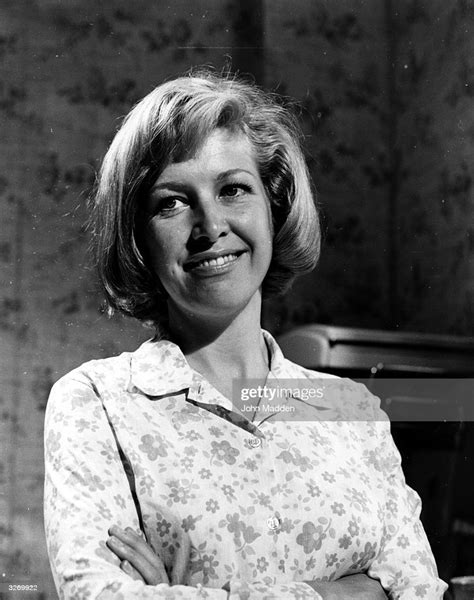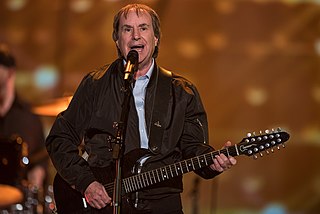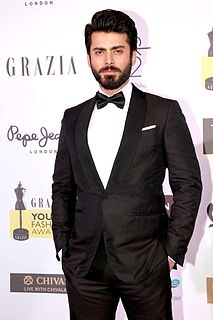A Quote by Anne Reid
My father fought in the war, and then he was posted all 'round the world with his job. So I didn't know him very well when I was young.
Related Quotes
I was born in Karachi, where my father used to work in the sales department of a pharmaceutical company. The nature of his job required him to travel, so we moved to Athens, Dubai, Saudi Arabia, and Riyadh and then went to Manchester during the Gulf War, moving back to Lahore closer to my father's retirement.
It was Harry Patch, who was the last living World War I veteran; and by veteran I mean someone who actually fought in the war, he didn't just happen to be in the army at that time, in the Great War. And when the Iraq War started, he was interviewed, and they said, well what do you think of this? And he said, in a very sad voice, "Well, that's why my mates died. We thought we were going to end all that sort of thing."
DEBT, n. An ingenious substitute for the chain and whip of the slave-driver. As, pent in an aquarium, the troutlet Swims round and round his tank to find an outlet, Pressing his nose against the glass that holds him, Nor ever sees the prison that enfolds him; So the poor debtor, seeing naught around him, Yet feels the narrow limits that impound him, Grieves at his debt and studies to evade it, And finds at last he might as well have paid it.


































